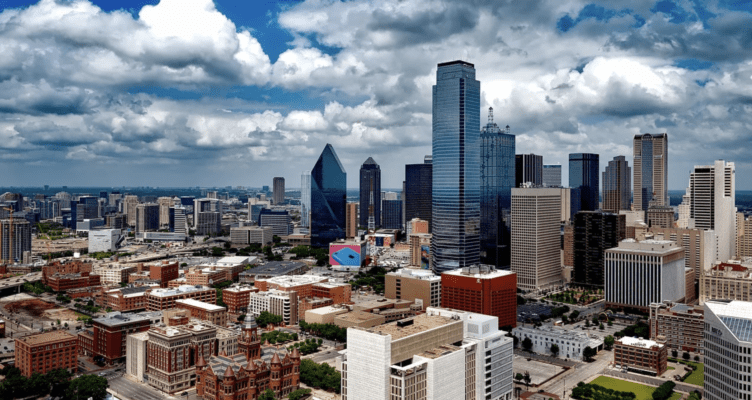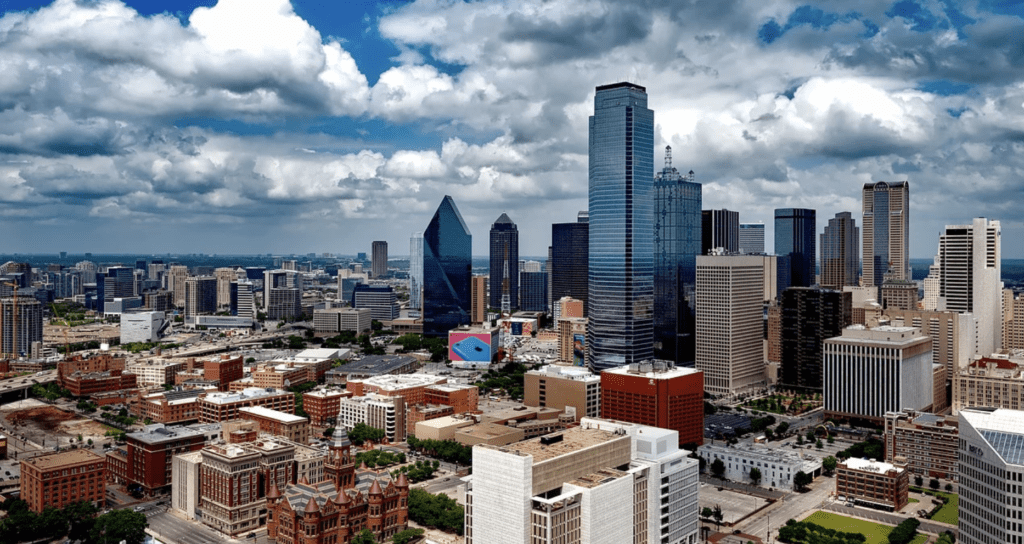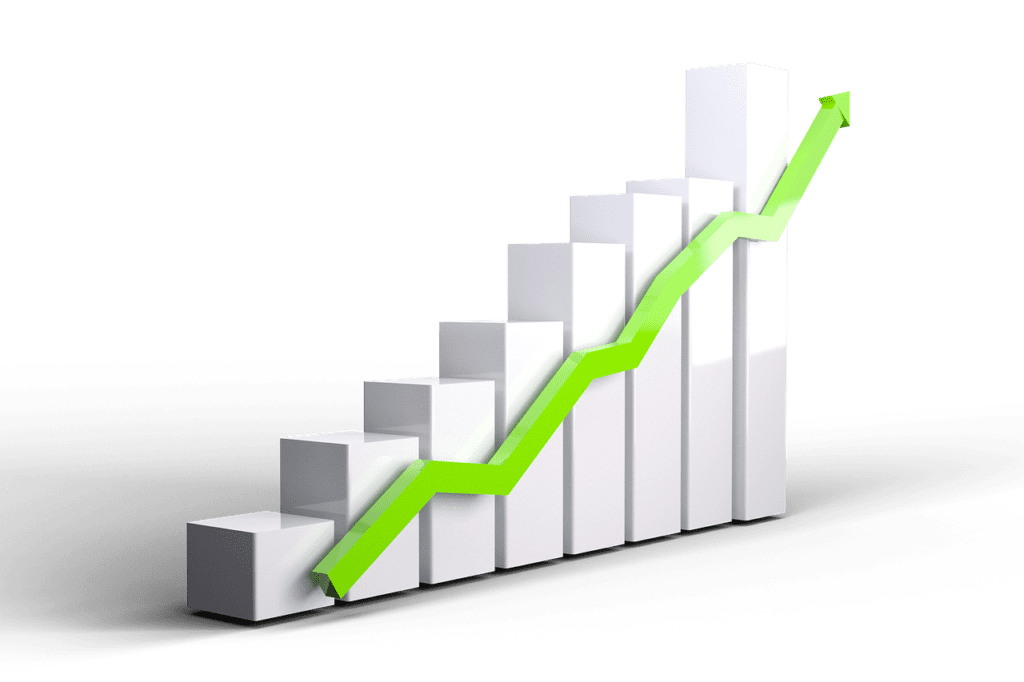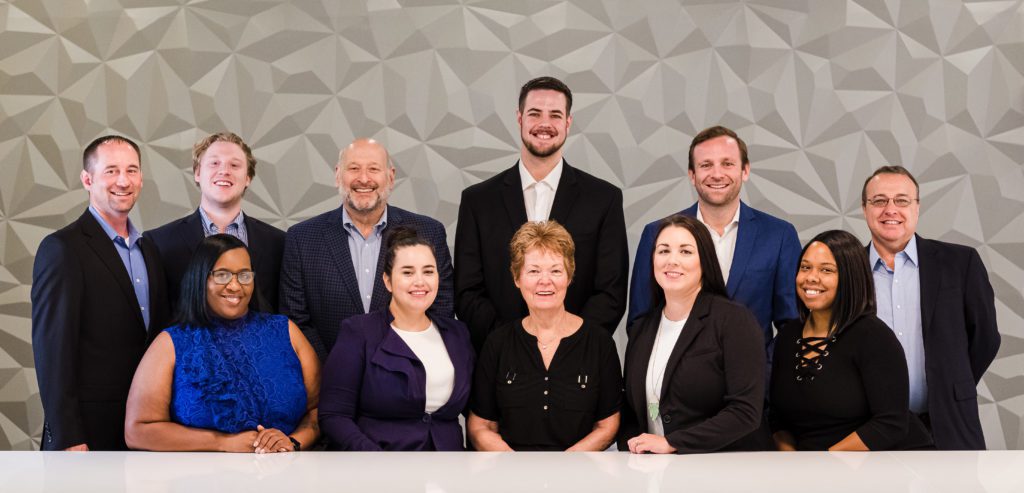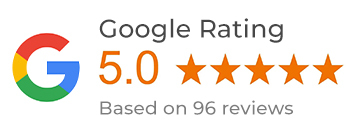Every year, the average property tax rate for Texas homeowners is significantly higher than the national average, and, for those who live in metropolitan centers like Dallas-Fort Worth and the greater north Texas area, property tax rates often double the national average. As neighborhoods and communities improve, property values increase, and the average property tax bill goes up. In many North Texas communities, property values have year-over-year price increases greater than 10%, which can mean significantly higher property tax bills. In this blog, we’ll walk through how these increases in property values compare to the rest of the state and the U.S., which zip codes saw the highest increases*, and how Home Tax Solutions can help you handle a dramatically higher property tax bill.
How Does the DFW Area Compare to State & National Increases?
North Texas is a great place to live, work and play, and, with all of the new developments, increased employment opportunities, and other community improvements, home values are increasing dramatically each year. The good news is property values in North Texas actually had lower year-over-year increases in 2019, but the bad news is that many property values still had double-digit increases with a top appreciation of 26% in Rio Vista. This year, the average home price in the Dallas-Fort Worth Metro area increased 4.4%, which is below the U.S. median increase of 4.8%. Studies indicate that North Texas property value appreciation may actually be much more sustainable in coming years. Two other Texas housing markets, Austin and Houston, have also struggled with soaring year-over-year property value appreciation, and many of the neighborhoods in these metro areas also saw increases in value greater than 10%.
So, Which Areas Had the Biggest Year-Over-Year Increase?
The following North Texas communities saw year-over-year increases in property prices in the double digits:
- Decatur (76234) 10% Increase
- Granbury (76048) 10% Increase
- Southwest Dallas (75236) 10% Increase
- Grand Prairie (75052) & South Grand Prairie (75051) 10% Increase
- South Denton (76205) 10% Increase
- Mesquite (75149) 10% Increase
- Pilot Point (76258) 10% Increase
- Keene (76059) 10% Increase
- Irving (75061) 10% Increase
- Southeast Dallas (75227) 10% Increase
- Southeast Dallas (7521) 11% Increase
- North & East Granbury (76049) 11% Increase
- Fort Wort (76111) 11% Increase
- Paradise (76073) 11% Increase
- South Irving (75060) 12% Increase
- Balch Springs (75180) 12% Increase
- Cleburne & Bono (76033) 12% Increase
- Southwest Dallas (75248) 12% Increase
- South Fort Worth (76134) 12% Increase
- Fort Worth Stockyards (76164) 13% Increase
- West Dallas (75211) 13% Increase
- South Dallas (75241) 13% Increase
- Farmersville (75442) 13% Increase
- Southwest Fort Worth (76105) 14% Increase
- Lancaster (75134) 14% Increase
- Grandview (76050) 15% Increase
- South Dallas (75332) 16% Increase
- Southeast Fort Worth (76119) 19% Increase
- Rio Vista (76093) 26% Increase
How Can Home Tax Solutions Help with My Property Tax Costs?
Whether or not you live in one of the communities that saw a dramatic year-over-year property tax increase, the high average rates in Texas make it difficult for many homeowners to make on-time property tax payments. If you’re already behind on your bill from last year or you know you won’t be able to cover the full cost of this year’s property tax bill, we can help with affordable and customizable loan options. Get started by completing our online application form today, and one of our knowledgeable loan specialists will be in touch soon.
*The increase is capped at 10% for year over year increases. The appraised value may come in say with an increase of 12%, but the actual amount of increase is capped at 10% for tax purposes


